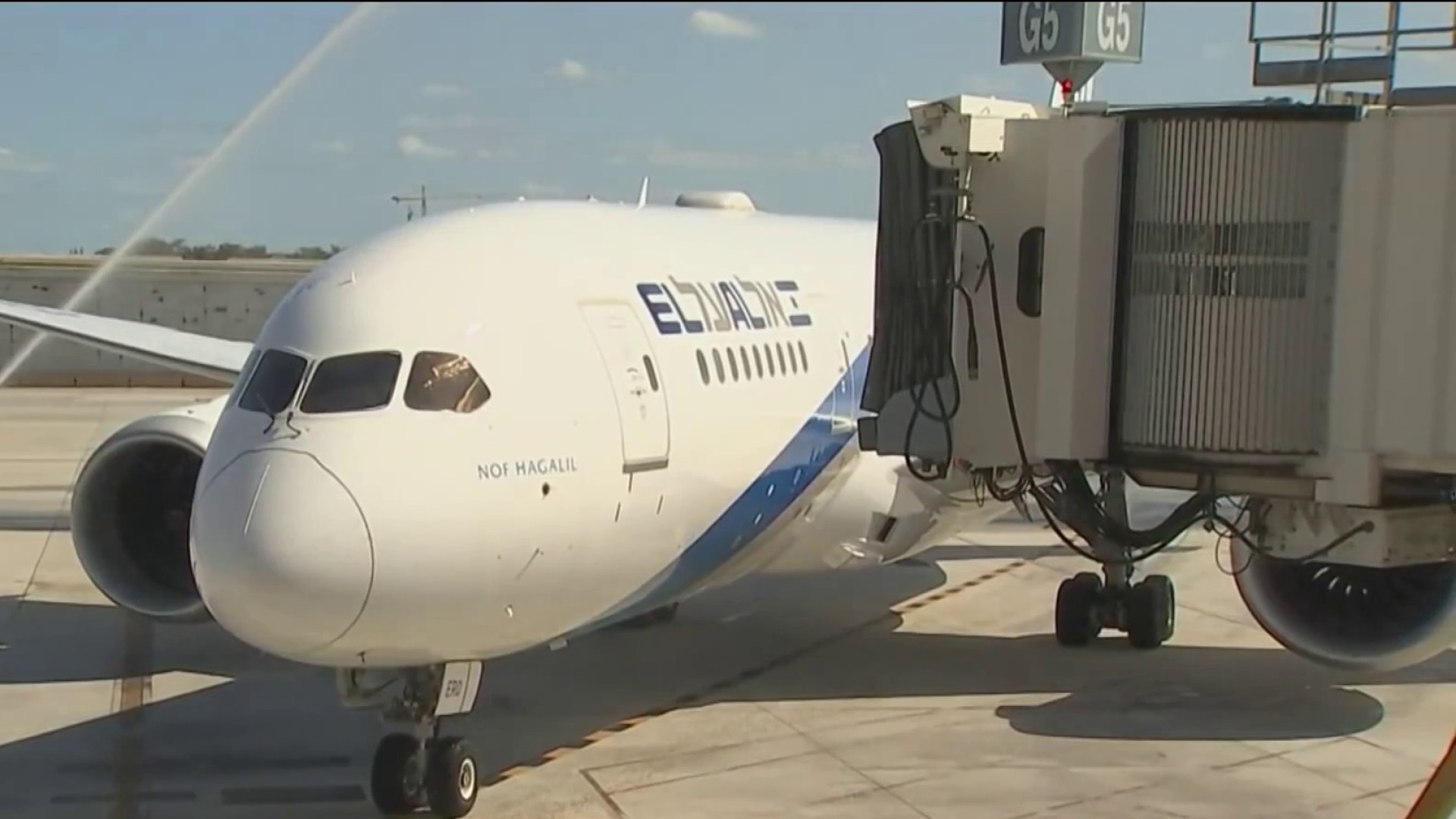The University of Florida is coordinating with local and state law-enforcement officials in anticipation of the potential appearance in Gainesville of a white nationalist leader affiliated with this weekend's deadly confrontation in Charlottesville, Va.
UF President Kent Fuchs sent an email to staff this weekend, alerting them that National Policy Institute President Richard Spencer, who made an appearance at the Charlottesville event, could speak at the university next month.
Spencer is a leader in the “alt-right” movement, blamed for a deadly outburst following a “Unite the Right” rally Saturday in Charlottesville that left one person dead after a car plowed into a group of counter-protesters.
Florida Gov. Rick Scott has been in contact with University of Florida officials regarding Spencer's potential visit.
“Governor Scott has spoken with University of Florida President Kent Fuchs and Alachua County Sheriff Sadie Darnell to offer any support from the state, if needed. Regardless of how the university decides to move forward, Florida has zero tolerance for violence of any kind. Safety is always the governor's foremost concern,” John Tupps, Scott's communications director, said in an email Monday when asked about the Gainesville situation.
Fuchs said in this weekend's email to staff members that Spencer could make a Sept. 12 appearance.
Also wanting to make an appearance is Augustus Invictus. Invictus is a former Libertarian Party candidate for U.S. Senate from Orlando, who is most famous for saying he sacrified a goat and drank its blood. He also had an important role in the white nationalist rally in Charlottesville.
Local
Invictus is hoping to speak at the University of Florida, but nothing has been finalized.
“For many in our community, including myself, this speaker's presence would be deeply disturbing. What we've watched happen in Charlottesville, Va. in the last 24 hours, is deplorable,” Fuchs said in the Saturday message. “I again denounce all statements and symbols of hate. The University of Florida is a community of learners, educators and scholars. We encourage open and honest dialogue, and we strive to build an inclusive environment where hate is not welcome.”
Fuchs added, “While this speaker's views do not align with our values as an institution, we must follow the law, upholding the First Amendment not to discriminate based on content and provide access to a public space.”
University officials met Monday with the Gainesville Police Department, campus police and other law enforcement in preparation for Spencer's potential appearance.
But University of Florida spokeswoman Janine Sikes stressed that the event has not been finalized.
“This is a tentative event at this point,” Sikes told The News Service of Florida. “Nothing has been signed. This is not a go yet.”
Like other speakers, Spencer would have to pay for the rental of the space as well as security costs, which had not been determined as of Monday, according to Sikes.
In Saturday's missive, Fuchs cautioned against a volatile reaction to Spencer, a divisive figure who heads the National Policy Institute, a group dedicated to “the heritage, identity, and future of people of European descent in the United States, and around the world,” according to its website.
The university's ability to restrict controversial figures like Spencer from appearing on campus is limited, even in the aftermath of the situation in Charlottesville, according to First Amendment lawyers.
“One could understand how he (Fuchs) would prefer not to see a repeat of that in Gainesville and prefer to see that they not come. But if they have opened the university's space for the public to use for meetings or speakers, then he literally can't say no simply because he disagrees with someone who asks to use the space,” Tom Julin, an attorney who specializes in First Amendment law, told The News Service of Florida. “Simply because there has been an incident of violence, that doesn't mean that speakers affiliated with that violence lose their right to speak. That's the last thing you want to do.”
Julin's views reflected those of multiple First Amendment lawyers interviewed Monday.
Because UF officials have made the space available to others, they aren't able to put it off-limits to more controversial speakers, said Frank LoMonte, director of the University of Florida Brechner Center, a think tank focused on media-related issues.
“Once you hold the availability of government property for speech, you can't pick and choose the speakers you like,” LoMonte said in a telephone interview Monday.
If UF officials wanted to blackball Spencer, they'd also have to shut down the venue for other speakers, according to the experts.
“It's very easy to say these are white supremacists, and we should stop them from speaking. But the First Amendment protects the most unpopular viewpoints that are being expressed. So you have to look at all the alternatives that are available … before you can, consistent with the First Amendment, stop that viewpoint from being expressed,” Julin said. “That's the last thing you want to do.”
In the meantime, state, local and federal law-enforcement officials are preparing for the potential event, especially in light of the developments in Virginia.
“GPD is aware of a possible appearance by white nationalist Richard Spencer at UF on September 12th. We are also aware of information online through multiple forums and blogs surrounding the event,” the Gainesville Police Department said in a Facebook post. “We will continue to closely monitor the planning of this event and any peripheral protests/counter protests that are expected to arise if Mr. Spencer does appear.”
The Gainesville police post acknowledged that, although the event is scheduled to take place on the UF campus, “it would be foolish to think that any protests/counter protests would not occur in our city limits.”



